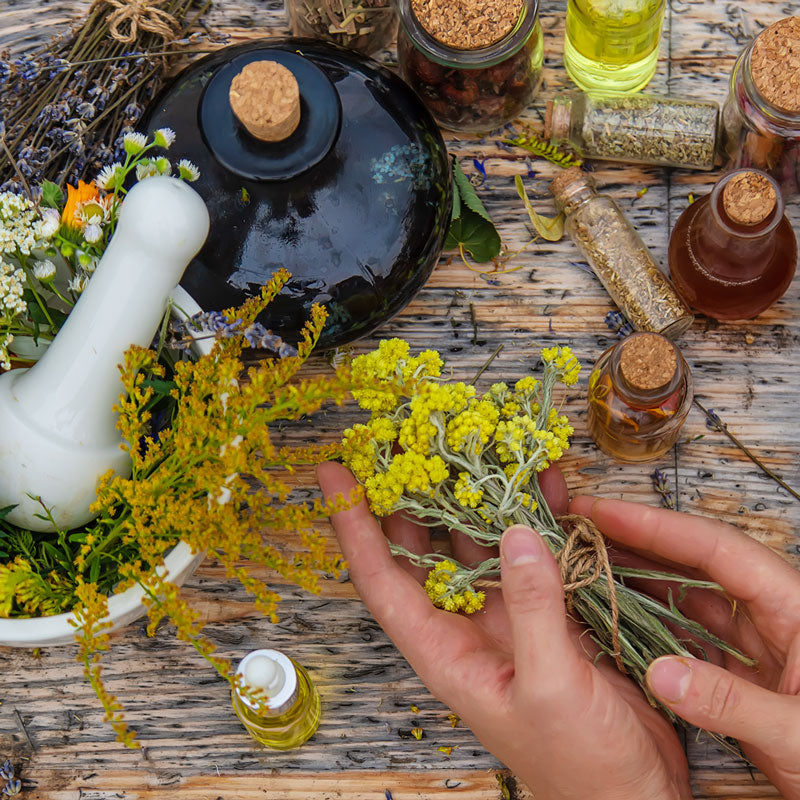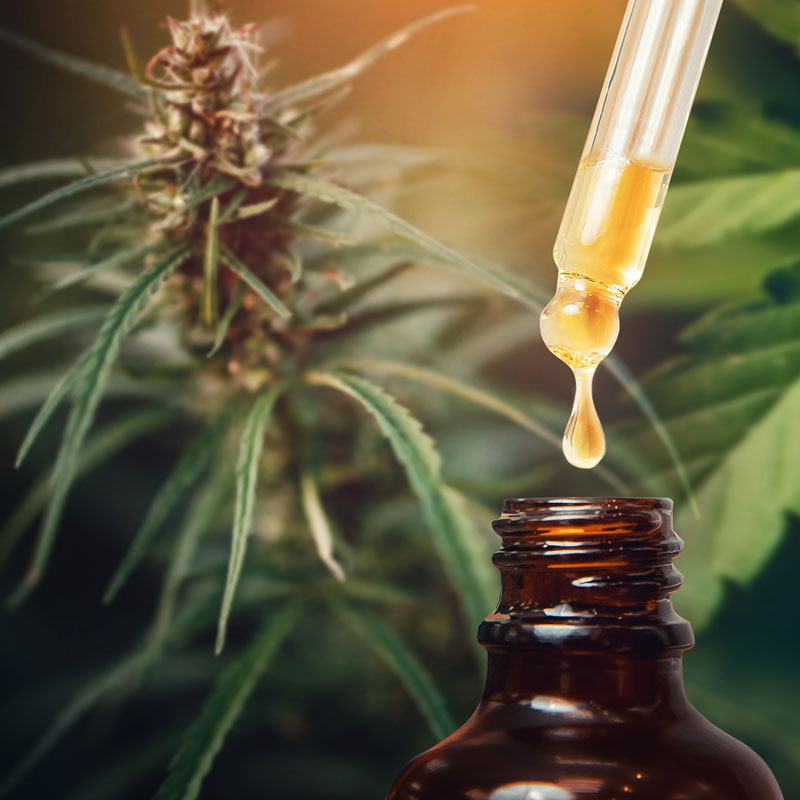The Most Important Herbal Ingredients in Ancient Greek Herbology

Ancient Greek herbalists made use of local plants and botanicals in their daily practices, aiming to maintain balance and wellness in the body. Their recorded knowledge, such as Dioscorides’ "De Materia Medica," continues to inform herbal traditions around the world. Below is a look at several plants noted in Ancient Greek herbology and their historical applications.
1. Willow Bark (Salix alba)
- Historically used for general discomfort and seasonal support.
- Contains salicin, a natural compound studied for its role in the development of modern aspirin.
2. Oregano (Origanum vulgare)
- Valued for its aromatic qualities and traditional uses in cleansing and preservation.
- Often included in seasonal wellness routines in historical contexts.

3. Mint (Mentha spp.)
- Commonly prepared as a tea or infusion for its soothing and refreshing qualities.
- Traditionally enjoyed for its cooling properties.

4. Garlic (Allium sativum)
- Recognized historically for its pungent aroma and use in food preservation and traditional wellness practices.
- Often cited in ancient texts for its versatility and culinary importance.

5. Saffron (Crocus sativus)
- Historically associated with mood, vitality, and ceremonial uses in various cultures.
- Prized for its vibrant color and inclusion in tonics and elixirs of the era.
6. Fennel (Foeniculum vulgare)
- Popular in culinary and herbal traditions for its aromatic and flavorful seeds.
- Historically used to support comfort after meals and included in folk remedies.

7. Opium Poppy (Papaver somniferum)
- Used with care in ancient times, often noted in rituals and ceremonial practices.
- Highly regulated in modern times; traditional uses are documented for historical understanding only.
8. Aloe Vera (Aloe barbadensis)
- Applied topically in folk traditions for its hydrating qualities.
- Historically consumed in small amounts as part of wellness routines; internal use should be approached cautiously.

9. Bay Laurel (Laurus nobilis)
- Traditionally used in culinary dishes and symbolic rituals to inspire clarity and focus.
- Sometimes included in herbal steams and infusions for its aromatic profile.
These plants were central to the botanical traditions of Ancient Greece, reflecting how early herbalists observed and utilized the natural world in pursuit of balance and vitality.









